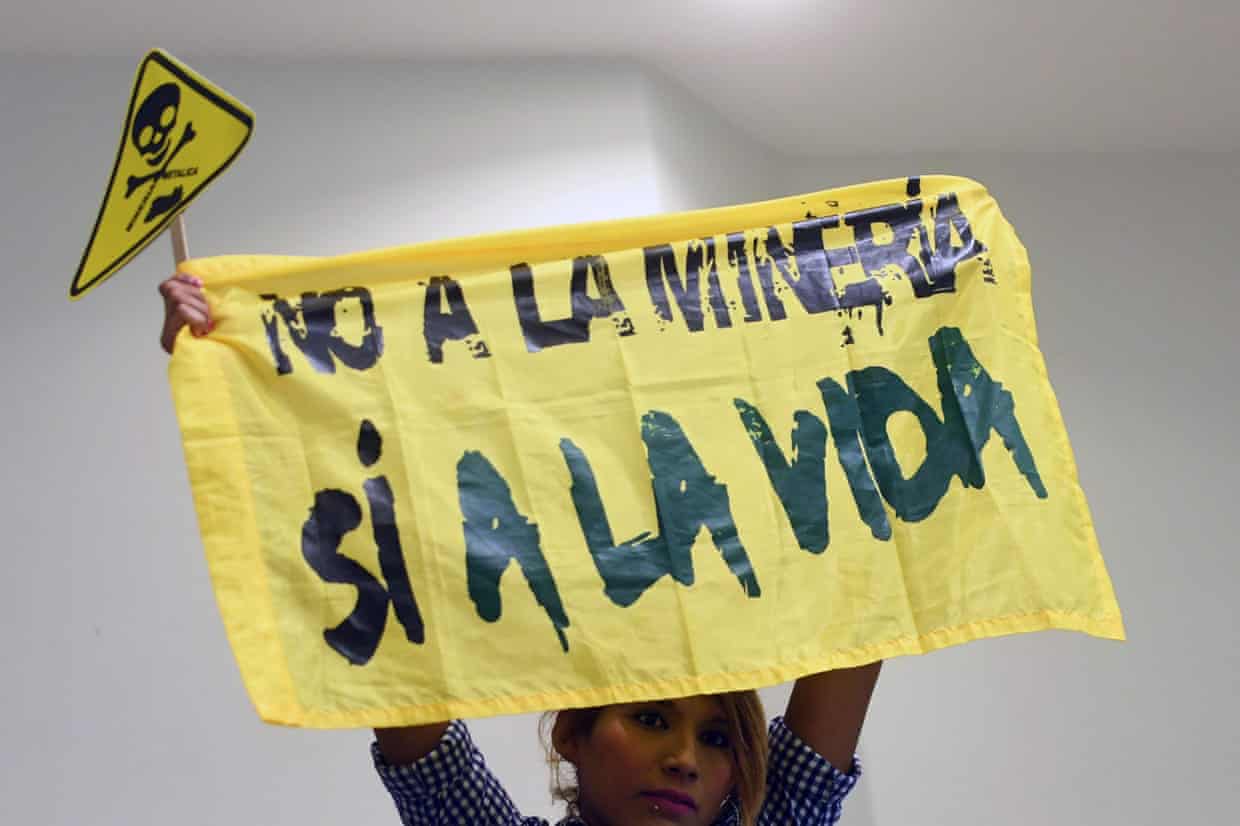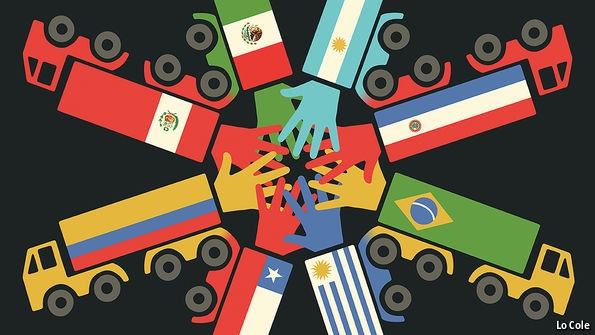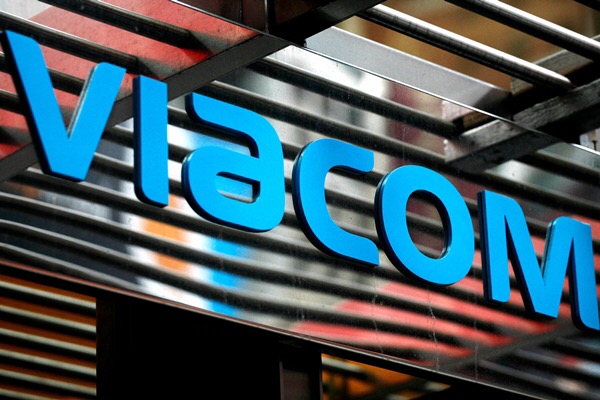BEIJING — With President Donald Trump pledging to scrap or renegotiate trade deals as part of his “America First” strategy, the door has been left open for China to push ahead with its own agreements. And nowhere are those efforts more apparent than in Washington’s own backyard: Latin America.
President Xi Jinping, who will be meeting Trump for the first time in Florida on Thursday, has already made three trips to the region since early 2013 — and business is booming.
While trade between the U.S. and Latin America has doubled since 2000, China’s trade with the region has multiplied 22 times, according to OECD economist Angel Melguzio. In fact, Beijing is now the biggest trading partner for the major economies of Brazil, Chile and Peru — and Argentina, El Salvador and Guatemala are well-placed to profit from China’s booming demand for global food.
The U.S. remains Latin America’s biggest trading partner, but with Trump vowing to dismantle the North American Free Trade Agreement (NAFTA) and build a wall on the Mexico border, China could hold the advantage.
Meanwhile, China lends the region a lot of money — around $30 billion in 2015, up from $231 million in 2005. And the funds largely come with no strings attached.
“China stands to supplant the United States in economic and political influence over time,” Gustavo Arnavat, a senior adviser at the Center for Strategic and International Studies (CSIS), told NBC News. “My assumption is that their influence will be even more significant in another decade.”
Read the full story on NBCNews.




 Total LTE connections in Latin America and the Caribbean soared by 154 percent year-on-year to 97.9 million at the end of the third quarter, equivalent to 14 percent of all mobile technologies, according to Ovum research cited by industry association 5G Americas.
Total LTE connections in Latin America and the Caribbean soared by 154 percent year-on-year to 97.9 million at the end of the third quarter, equivalent to 14 percent of all mobile technologies, according to Ovum research cited by industry association 5G Americas.